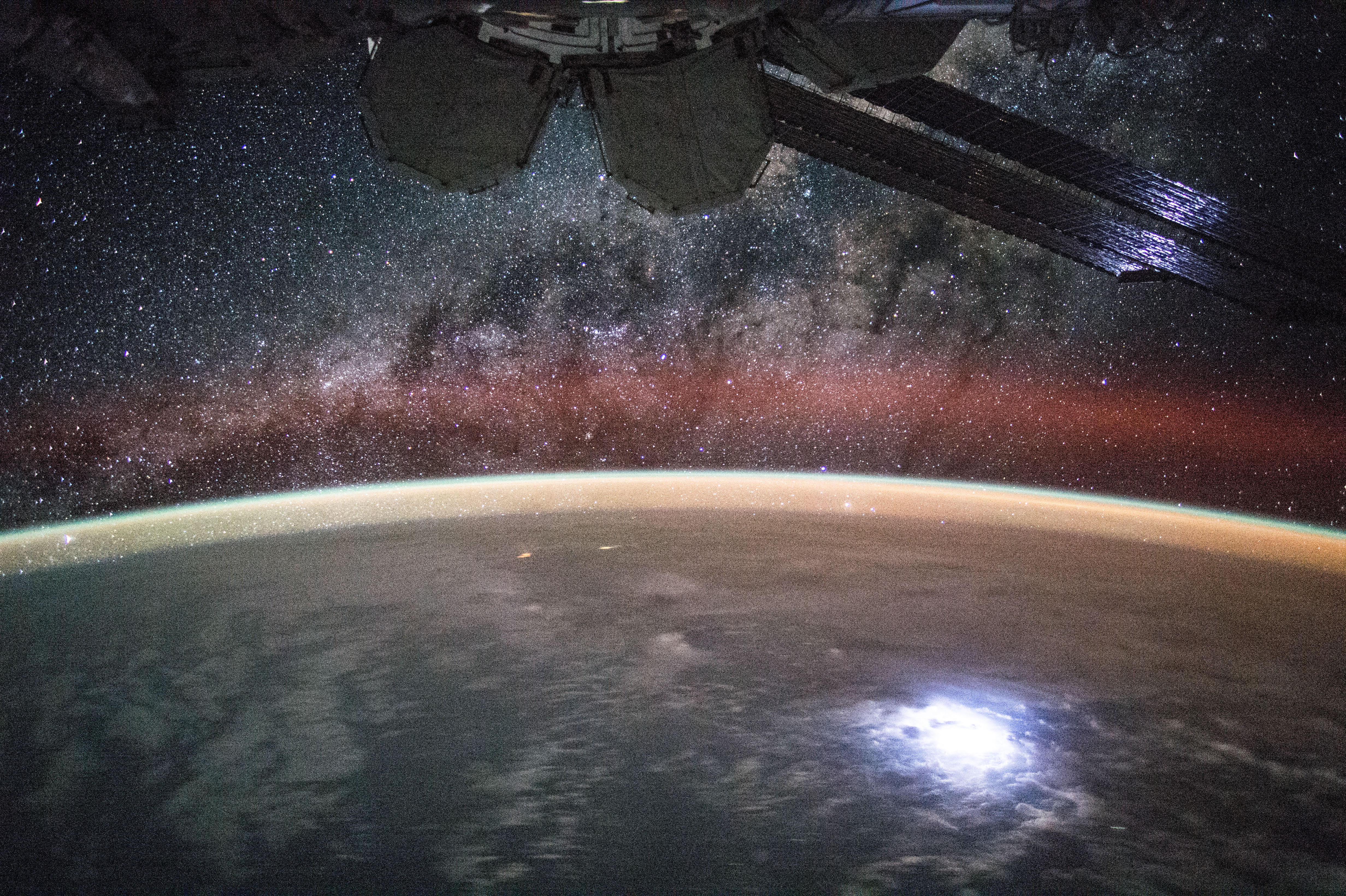
Early on in my career, I found the vast world of academia quite intimidating and somewhat confusing to navigate. Here, I have collected some resources which I had come across during my search and may be helpful to any aspiring scientists who find themselves in a similar position. Most are centered around physics research, with a special focus on opportunities available to Maltese students looking to pursue a career in astrophysics. Nonetheless, some resources might also be helpful to students interested in different areas of physics or other sciences. I will update the page accordingly as I come across any new opportunities.
Scholarships
- The Tertiary Education Scholarship Scheme (TESS) and the Endeavour II Scholarship Scheme are both schemes offered by the Ministry of Education (Government of Malta) which you may use to fund your Master’s Degree (MQF 7) or PhD (MQF 8) studies in Malta or abroad.
- The DAAD offers scholarships to foreign students looking to study for a Bachelor’s or Master’s degree, or do a PhD in Germany.
- Erasmus+ is an EU-funded association which organizes and offers financial support for mobility programs for students:
- An Erasmus exchange is possible during your undergraduate degree at the University of Malta for either 1 semester or an entire scholastic year (2 years). This comes with a stipend to finance travel and living expenses, and an exemption from any tuition fees at the host university. Get in touch with your course coordinator to check in which year and destination countries this could be organized within your course program.
- Erasmus Mundus offers Joint Master Degree (EMJM) programs, which are jointly designed and delivered by a group of three or more higher education institutions from at least three different countries. These are open to students from all over the world, and there is also an associated scholarship intended to cover travel, visa and living costs. Check out the portal to see all of the programs currently being offered.
Courses and Summer Schools
- The Gravitational Wave Open Science Center (GWOSC) organizes a series of open data workshops. Recordings of previous editions, as well as other tutorials on analysis and processing of gravitational wave data, are available online.
- The International Centre for Theoretical Physics (ICTP) organizes conferences, schools, workshops, seminars and colloquia all throughout the year. You can find all the upcoming events on their scientific calendar.
- The Spanish Institute of Space Sciences (ICE-CSIC) organizes a summer school annually every July, which is open to undergraduate, master’s and PhD students.
- The European Radio Interferometry School (ERIS) is a week-long program of lectures and tutorials on how to achieve scientific results from radio interferometry. This year, it is being organized by the Instituto de Astrofísica de Andalucía (IAA-CSIC) and the Joint Institute for VLBI in Europe (JIVE) in Granada, Spain.
- The International Max Planck Research School (IMPRS) for Astronomy and Cosmic Physics at the University of Heidelberg also organizes a summer school every year.
- The MaNiTou Summer School on Gravitational Waves is collaboratively organized by scientific communities involved in gravitational waves from Marseille, Nice and Toulouse.
Astro/Physics Societies
- The Astronomical Society of Malta (ASM) organizes observational nights, astronomy courses, and other activities for its members all around Malta and Gozo.
- The Science Students’ Society (S-Cubed) is the student organization associated with the Faculty of Science at the University of Malta. They organize social and scientific events throughout the scholastic year, including an Annual Science Conference.
- The International Association of Physics Students (IAPS) is a student-led organization which provides a network to connect physics students from all over the world.
- IAPS organizes several activities throughout the year, including the PLANCKS competition, and the International Conference of Physics Students (ICPS), among other meetings.
- They also offer financial assistance such as fee waivers and travel grants to support attendees to certain meetings, and periodically give out awards and grants.
- IAPS have their own journal (jIAPS) in which they annually publish student-written articles.
- To become part of IAPS, you can join as an Independent Member, or through the Maltese Local Committee S-Cubed.
Other Helpful Sites
- This website by astrophysicsgirl Dr Hannah Dagsleigh, was and still is incredibly helpful to me during my search for opportunities, so much that it inspired me to add this section on my own website. She collected links to different opportunities in astrophysics - including summer schools, conferences, internships, as well as funded Master’s programs - conveniently organized into one place.
Useful Apps
- Notion is a useful application which can be used to organize study materials, track finances and keep a calendar, among plenty of other functionalities. There is a free version with a page limit, but signing up using your University e-mail address will give you the Plus version for free.
- Zotero can be used to collect all your papers/references in one place, keep track of citations, and automatically generate bibtex files. The associated Google Chrome extension, Zotero connector, allows you to save citations directly from the web.
This is by far not a complete list, but hopfully a useful starting point for your search. Feel free to get in touch if you find that any content has become outdated.